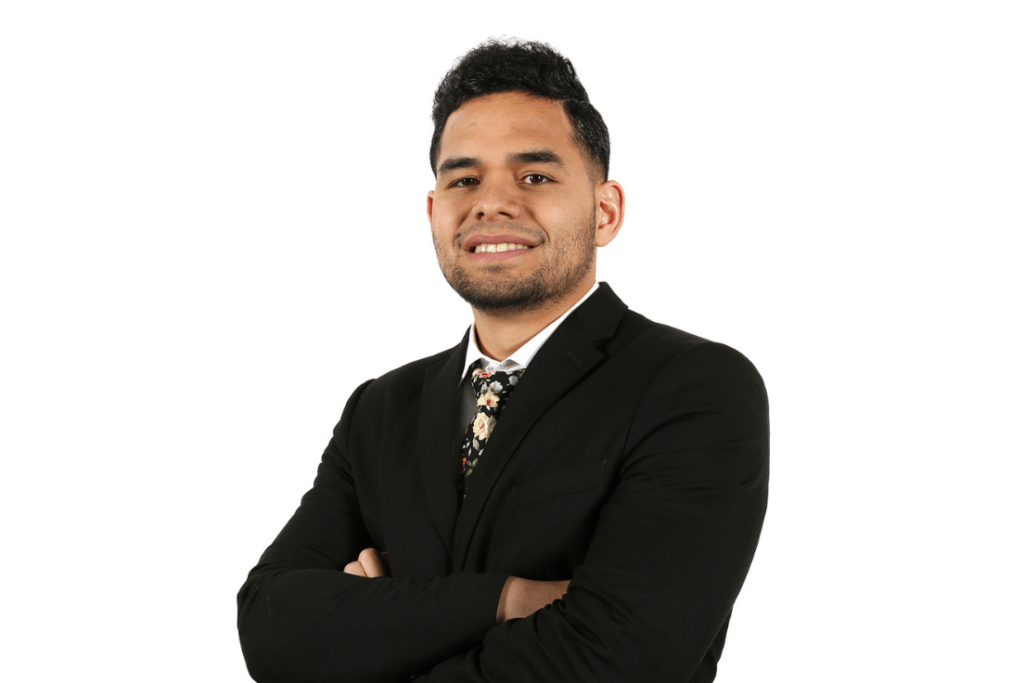For the majority of employment-based immigrant visa applicants, obtaining a Labor Certification is the most time consuming and difficult step of pursuing lawful permanent residence. Colloquially referred to as PERM (after the Program Electronic Review Management system), the Labor Certification process allows an employer to offer a job to a foreign worker on a permanent basis after the employer demonstrates that there are no able, willing, qualified, and available U.S. workers to perform the job, and that the employment of the foreign worker will have no adverse effects on the wages and working conditions of similarly-employed U.S. workers. To satisfy these requirements, an employer must complete specific market testing and recruitment steps as prescribed by law.
Because the PERM process requires such procedural specificity, the failure to follow a single step could result in denial. While it is difficult to identify a single criterion that results in a successful labor certification, below is a list of criteria most commonly exhibited in successful applications:
- The job opportunity is clearly open to U.S. workers and is for full-time, permanent employment-part-time will not suffice;
- U.S. workers who apply for the job opportunity are rejected only for lawful job-related reasons. i.e. an applicant did not possess the requisite experience;
- The offered wage is a guaranteed wage paid on a regular (i.e. weekly, bi-weekly, or monthly) basis that equals or exceeds the prevailing wage.The wage cannot be based solely on commissions, bonuses or other incentives;
- The employer has enough funds to pay the wage or salary offered to the employee.
- If the employer has laid off workers in the job classification at the location of intended employment within the last six months, the employer must first offer the position to said terminated employees. If applicable, it may be best to wait until six months have elapsed;
- The position offered through the application has the minimum hiring standards free of unduly restrictive requirements. i.e. an employer cannot unreasonably require a foreign language speaking requirement where knowledge of a foreign language is not necessary for job performance; and,
- The employer is able to account for the outcomes of the various recruitment methods and, at a minimum, must report on the number of resumes or referrals received from each source (print ads, internal postings, internet websites, on-campus recruiting, job fairs, outside agencies, etc.), the number of candidates interviewed, the number of candidates hired, and legitimate reason for rejection.
Please note that this list is not meant to be exhaustive–many other elements must be accounted for in preparing a successful PERM case. While the process of obtaining a labor certification can be long and arduous, an experienced immigration attorney can help employers avoid delay or denial associated with the PERM process. At Wilner & O’Reilly, we specialize in preparing and filing Labor Certifications for all temporary and permanent workers. U.S. immigration law is complex, which is why you need experienced immigration attorneys to guide and advise you through the process. We offer a free in-person consultation in any of our offices in Orange, Fresno, Riverside, Sacramento, San Bruno, California, as well as Orem and Salt Lake City, Utah, and Boise, Idaho.
ABOUT THIS AUTHOR
Jake Tuimaualuga – Associate Attorney

Jacob Iosefa Tuimaualuga (“Jake”) is an associate attorney at the Wilner & O’Reilly Salt Lake City Office. Mr. Tuimaualuga devotes his practice to employment-based transactional cases, including both nonimmigrant visas (i.e. J-1, H-1B, H-2A, H-2B, L-1, O-1, P1, etc.) and permanent residence applications (i.e. PERM, national interest waivers, EB-1, EB-2, etc.). Mr. Tuimaualuga earned his Juris Doctorate degree from the J. Reuben Clark Law School at Brigham Young University. Prior to his employment at Wilner & O’Reilly, Mr. Tuimaualuga worked as a lead research assistant for Brigham Young University’s Community Legal Clinic handling plea negotiations, expungements, reductions, adjustments of status, and affirmative asylum applications for the indigent. Mr. Tuimaualuga also spent considerable time volunteering at the Timpanogos Legal Center in Provo, Utah assisting victims of domestic violence in divorce and child custody cases.
Richard Wilner – Founding Partner

Richard M. Wilner is a founding member of Wilner & O’Reilly, APLC and is Board Certified by the State Bar of California as a Specialist in Immigration and Nationality Law. He is admitted to practice law in the State of California and before the U.S. District Courts for the Central, Northern and Southern Districts of California, the Northern District of Texas, the U.S. Court of Appeals for the Ninth Circuit and the U.S. Supreme Court.Mr. Wilner has received the coveted Martindale-Hubbell AV Rating, the highest legal and ethical rating that one can receive from one’s peers in the legal community. Similarly, he has been awarded the title of Super Lawyer from 2007 to the present. He is best known for his work in advising Fortune 500 companies, middle and small market businesses, entrepreneurs and foreign nationals of extraordinary ability in athletics, arts, and sciences in the complex area of U.S. Immigration and Nationality Law.


Comments are closed.